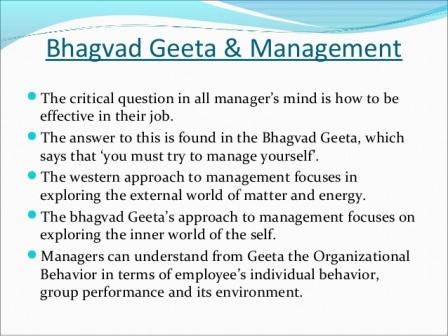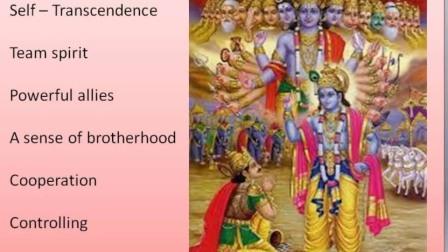
A year after incorporating lessons on Indian epics at PG-level, Rajasthan University has introduced new courses on ‘spirituality’ for BBA students. The institution will add a new paper on ‘Indian management thought and business leaders’ from this academic session. The new subject will include 5 units that are likely to cover spiritual topics, as informed by Mr. Naveen Mathur, Professor of Business Administration at Rajasthan University. With this, the younger generations will learn the intricacies of Indian culture, customs, economy, and work ethics.

According to Mr. Mathur, Indians have a rich intellectual history. Familiarizing students with their past will ensure the passing of Indian values to the subsequent generations.
The 5 units of the paper will cover the aforementioned topics.
- Unit I: Spirituality, Applications of Yoga in Management, Western values vs. Indian values, Indian ethos, and values.
- Unit II: Bhagwat Gita, Kautilya’s Arthashastra, Ramayan, Dimensions of Vedic Management.
- Unit III: Biographies of Indian philosophers (CK Prahlad, Mahatma Gandhi, Swami Vivekananda and SK Chakraborty)
- Unit IV and V: Biographies and ideas of Indian entrepreneurs (GD Birla, JRD Tata, RK Bajaj, Dhirubhai Ambani, Azim Premji, Narayana Murthy, Sunil Bharti Mittal, and Lakshmi Mittal)

Also, the university recommended a list of books for BBA final year students. Two important additions to this list include Bhagwat Gita from the POV of Swami Vivekananda and Vedic Management by S. Khanna.
All business-oriented courses in India acknowledge Macaulay’s system. For those who don’t know, the British academician was instrumental in introducing British concepts in business and education to the Indian system before the independence. However, Macaulay was disdainful of Indian method of learning. As citizens of a progressive country, it’s necessary that we challenge Macaulay’s system with our ideas and innovation, which is why the university is inclined on improving knowledge on Indian values.

Last year, the university introduced the same concept in Human Resource Management, Business Administration, and International Business courses. Including Indian topics is a welcomed move, but we fear that the academicians compromised on western thinkers while accommodating Indian epics and theories. We need to plan out a balanced syllabus, covering both national as well as global topics.







